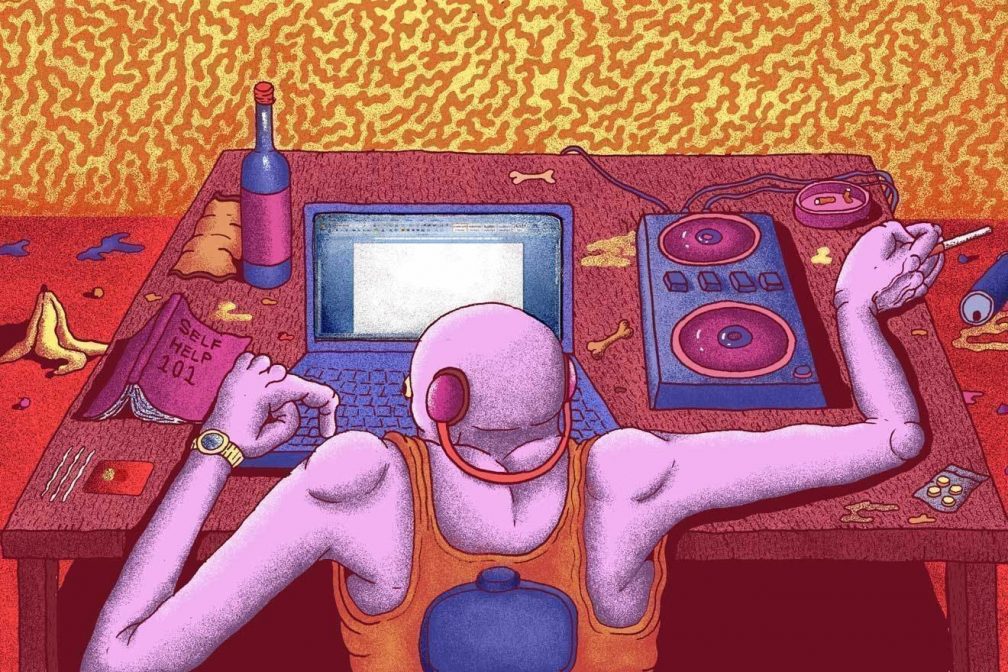
DJ memoirs are telling a different version of dance music history
Moby, Laurent Garnier and Billy 'Daniel' Bunter have all offered off piste insights
For a generation that spent more time learning to mix than learning the correct use of a past participle, it’s been a surprise that a whole bunch of old skool DJs have become more interested in dropping books rather than beats. With Moby’s forthcoming memoir being advertised on billboard posters around London with the kind of fanfare normally reserved for a rare new album from the bald one, and every other head from the 90s – from Laurent Garnier to Billy ‘Daniel’ Bunter – jumping in with their own hardback recollections of scandals and white labels, it’s clear that the DJ tell-all is big business.
Perhaps the main reason that DJ autobiographies are doing so well is because they’re finally offering an alternative side of the rave story, and it’s not always pretty. We’ve heard the starry-eyed, magical narrative time and again. You know the one: a bunch of gay black and Latin Americans start dancing to Kraftwerk and messing around with drum machines. Their music gradually makes it to the sunny climes of Ibiza, where it’s discovered by a generation of holidaying Brits off their nut on grade A dingers. These Brits, a chirpy bunch of chancers straight out of Carry On Raving, bring pills and house back to London, and open clubs like Shoom. Hooligans hug, black and white unite, and English clubs become the pride of a nation and the envy of the world. It’s a compelling, simple story that’s been told countless times – and as with most stories it’s far neater than history itself.
Take Laurent Garnier’s exhaustive memoir Electrochoc. Already a huge seller in France, it was finally updated and translated into English last year and it pulls apart ‘accepted’ dance history left, right and centre. As Garnier tells it, the rave scenes in the North of England happened far earlier and with far greater intensity than any of the much discussed London ‘acid house’ explosion. He notes that the first raves in the UK bumping the futuristic machine music from Chicago and Detroit weren’t the much hyped parties put on by Tong, Rampling and Oakenfold (which, to be fair, Garnier rates), but Mike Pickering’s mid 80s ‘Nude’ night at the Hacienda – a night almost entirely populated by a much less media-friendly crowd of Mancunian Anglo Jamaicans.


